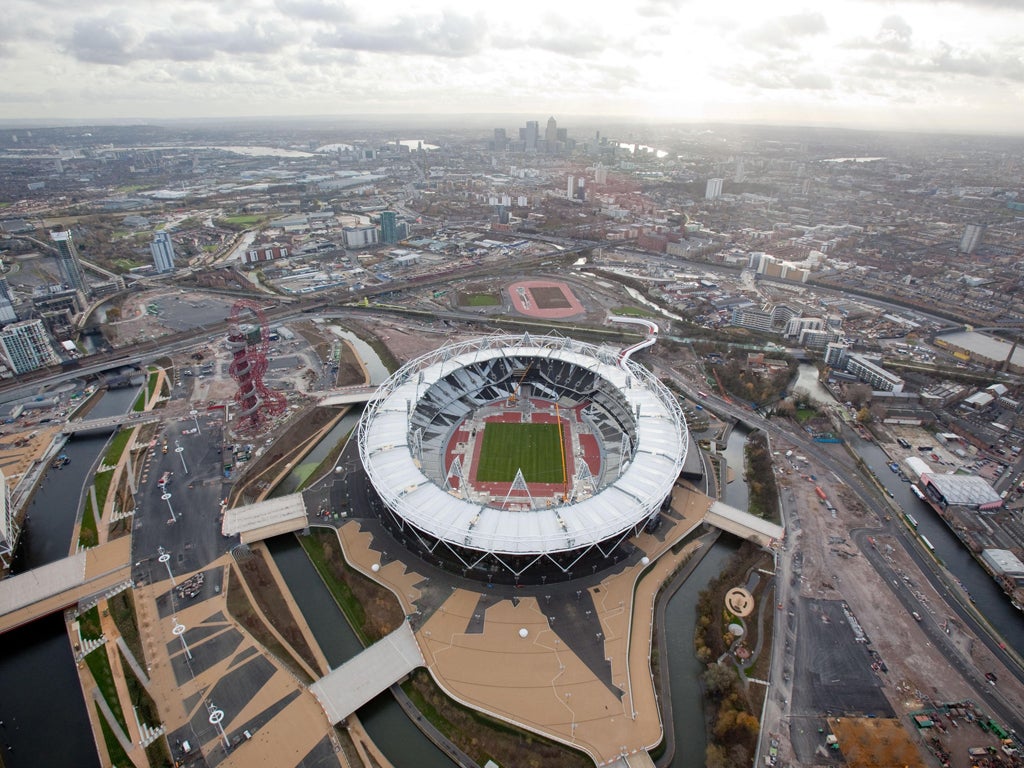Polluted air could put Olympic athletes at risk, warn scientists

Your support helps us to tell the story
From reproductive rights to climate change to Big Tech, The Independent is on the ground when the story is developing. Whether it's investigating the financials of Elon Musk's pro-Trump PAC or producing our latest documentary, 'The A Word', which shines a light on the American women fighting for reproductive rights, we know how important it is to parse out the facts from the messaging.
At such a critical moment in US history, we need reporters on the ground. Your donation allows us to keep sending journalists to speak to both sides of the story.
The Independent is trusted by Americans across the entire political spectrum. And unlike many other quality news outlets, we choose not to lock Americans out of our reporting and analysis with paywalls. We believe quality journalism should be available to everyone, paid for by those who can afford it.
Your support makes all the difference.Olympic athletes could suffer impaired performance times and become ill as a result of London's unacceptably high levels of air pollution, leading respiratory scientists are warning.
Fears are growing that during the games athletes, who take in much more air than a sedentary person, will take in high levels of pollutants such as particulates, nitrogen dioxide and ozone and could suffer pulmonary irritation, chest pain and decreased lung capacity.
It is considered a real possibility in certain weather conditions, as levels in the capital of several pollutants are currently so high that they are in breach of EU limits, putting the UK at risk of a £300m fine.
London has the highest levels of the toxic gas nitrogen dioxide (NO2) in the EU, and has received a series of legal warnings for failing to comply with European laws governing PM10s, tiny specks of particulate matter. The capital's air quality is also affected by the gas ozone, created by pollutants from vehicle exhausts reacting with sunlight.
Experts say that the risk for the games is that in certain summer weather conditions – in particular, a "temperature inversion" in which on still, hazy days, a layer of warm air traps pollutants close to the ground – the pollution levels could affect athletes' health and performance.
"If we have a high-pressure temperature inversion period during the Olympics, there may well be high levels of ozone and nitrogen dioxide and these could induce coughs, breathlessness and other problems," said Professor Sir Malcolm Green, of the British Lung Association.
Join our commenting forum
Join thought-provoking conversations, follow other Independent readers and see their replies
Comments